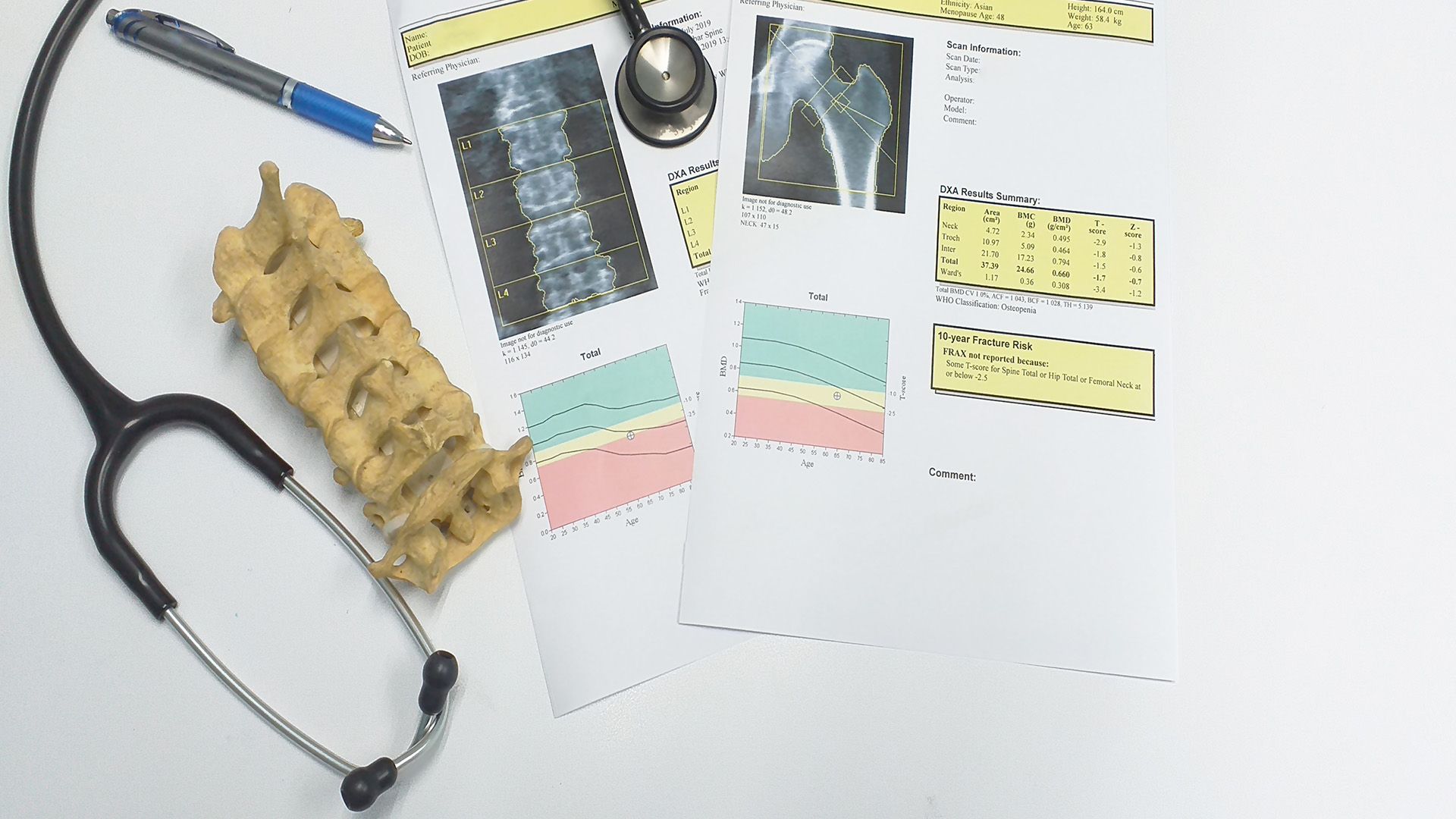Osteoporosis: 1-in-3 women and 1-in-5 men at risk
Hormones, menopause, and bone health
Osteoporosis – a condition where bone is lost faster than the body can replace it – can affect men as well as women and is not the preserve of old age alone. Awareness of individual risk and the factors influencing bone deterioration from a young age can help prevent this progressive disease.
“There is a misconception that osteoporosis affects older women only, but bone loss is something we all need to consider from a young age and take the appropriate steps to prevent it,” says Dr Rushdah Lariza Khan, a gynaecologist practising at Netcare Garden City Hospital.
According to the National Osteoporosis Foundation of South Africa (NOFSA), in South Africa one in five men are at risk of developing the condition, although women are at greater risk with a one in three chance.
Seven tips for protecting your bone health:
- Get enough calcium: women should have 1 000 mg daily, and increase to 1 200 mg from the age of 51; men should have 1000 mg daily.
- Vitamin D: Our bodies need this important vitamin for bone strength, and supplements may be needed to achieve the recommended 600 international units (IU) of vitamin D per day, increased to 800 IU from age 71.
- Protein: The building blocks of healthy bones require sufficient protein.
- Exercise: Do resistance training (for example weights, elastic bands and water exercises) and weight-bearing exercises (such as walking, running, dancing, aerobics or tennis) at least three times a week.
- Adjust lifestyle: Quit smoking and limit alcohol intake. Maintain a healthy weight.
- Appropriate use of hormone replacement therapies for women, at the correct age.
- Have your individual risk assessed, especially if you have other comorbidities.

Gynaecologist, Dr Rushdah Lariza Khan
“The rate at which your body replaces bone tissue is influenced by hormones. People who have hormone-related disorders such as overactive thyroid or parathyroid glands, disorders of the pituitary gland, reduced oestrogen or testosterone should discuss the implications for their bone health with a doctor and regularly screen for early signs of bone density loss,” Dr Khan says.
“As a gynaecologist with the patients I see, the hormone changes that happen at menopause directly affect bone mineral density; however, women in their mid-twenties can start showing signs of deterioration. Athletes or women who miss their menstrual periods for six months or longer from excessive dieting or exercise may lose bone density,” Dr Khan explains.
“After menopause, the levels of the female hormone oestrogen fall, leading to a rapid decrease in bone density. When women younger than 45 experience menopause or have a hysterectomy with removal of ovaries, this affects their oestrogen levels and, therefore their risk of developing osteoporosis,” she says.
Hormone replacement therapy [HRT] is the most commonly prescribed treatment for managing the symptoms of menopause and prevention of osteoporosis, depending on the woman’s health profile. Where other types of treatment are indicated, the patient is referred to a physician.
“It is so important for women to seek medical advice when they start menopause, especially if it is early menopause. Although there are both benefits and potential risks with any medication, gynaecologists are specially trained to prescribe the correct HRT for the individual patient depending on their individual situation, while it is needed.
“HRT is safe when correctly prescribed by a specialist, with yearly follow ups, including an annual mammogram,” she advises.
HRT in the form of patches, gels or sprays does not increase the risk of developing blood clots, although the tablet form can. Recent studies indicate HRT does not increase the risk of heart disease or stroke, provided the therapy starts within 10 years of the last menstrual cycle and before the age of 60.
“Our bodies change as we get older, and women in their 60s should regularly discuss their need for HRT and review their treatment options with their gynaecologist or treating doctor to manage the potential risks, including osteoporosis, as appropriate for optimal healthy ageing.”













